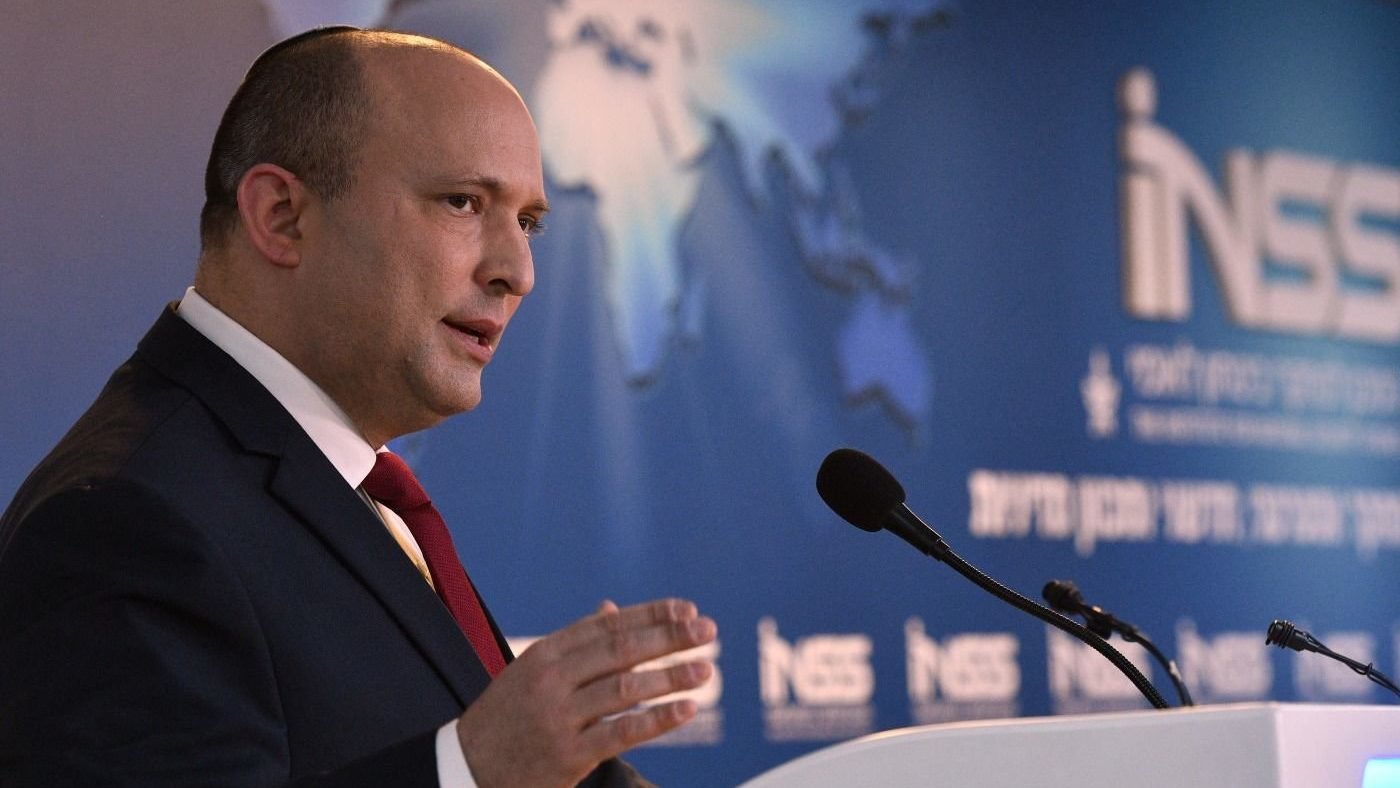Prime Minister Naftali Bennett said Tuesday evening that Israel would deploy a laser air defense system to protect against rockets and UAVs within the year.
If borne out, the announcement by Bennett significantly speeds up the development of the system, which officials have said in the past would take several years before being ready for deployment.
“Initially, as a trial, afterward operationally,” Bennett said at the Institute for National Security Studies’ annual international conference in Tel Aviv.
He said the system would first be deployed in the south, where Israeli towns have been bedeviled by attacks originating in the Gaza Strip.
Eventually, he said, Israel will be surrounded by a “laser wall that protects us from rockets, missiles, UAVs.”
Bennett stressed that the system’s most important contribution would be to change the current reality in which Hamas can fire inexpensive rockets that Israel intercepts with missiles costing tens of thousands of dollars.
“They will waste a lot of money, and we, very little,” he said.
He also indicated that Israel would seek to sell the technology abroad.
“This new generation of Israeli air defense will also be able to serve our friends in the region,” he promised, days after Iran-backed Houthis fired a missile at the United Arab Emirates while President Isaac Herzog was visiting.
The Defense Ministry has been testing the laser-based defense system for several years, shooting down a drone with it last year.
The ministry, whose research and development department has led the effort to create the system, initially planned to deploy the anti-missile system by 2024, but the military has pushed for an earlier deployment.
This was apparently driven by concerns that in a future conflict, the military would not have sufficient interceptor missiles for the Iron Dome and other air defense systems to shoot down the incoming rockets, missiles and drones.
Bennett stressed that the system’s most important contribution would be to change the current reality in which Hamas can fire inexpensive rockets that Israel intercepts with missiles costing tens of thousands of dollars.
“They will waste a lot of money, and we, very little,” he said.
He also indicated that Israel would seek to sell the technology abroad.
“This new generation of Israeli air defense will also be able to serve our friends in the region,” he promised, days after Iran-backed Houthis fired a missile at the United Arab Emirates while President Isaac Herzog was visiting.
The Defense Ministry has been testing the laser-based defense system for several years, shooting down a drone with it last year.
The ministry, whose research and development department has led the effort to create the system, initially planned to deploy the anti-missile system by 2024, but the military has pushed for an earlier deployment.
This was apparently driven by concerns that in a future conflict, the military would not have sufficient interceptor missiles for the Iron Dome and other air defense systems to shoot down the incoming rockets, missiles and drones.
According to the Defense Ministry, so long as there is a constant source of energy for the laser, there is also no risk of ever running out of ammunition.
The downside of a laser system is that it does not function well in times of low visibility, when there is heavy cloud cover and other inclement weather. For that reason, the ministry intends to also mount the system on an airplane, which would help get around this limitation by putting the system above the clouds, though that is still a few years off, ministry officials have said.
The ground-based laser system, which is being developed with the Rafael weapons manufacturer, is not meant to replace the Iron Dome or Israel’s other air defense systems, but to supplement and complement them, shooting down smaller projectiles and leaving larger ones for the more robust missile-based batteries, Brig. Gen. (res.) Yaniv Rotem, the head of the ministry’s research and development department, told reporters last year.
After Bennett’s speech, unnamed defense officials criticized the announcement as a distraction and said the laser system will not be ready for years.
One defense official told Channel 12 the announcement amounted to “throwing up sand in the public’s face.”
“We’ll continue to move forward with the process responsibly. It will take several years until it’s operational,” he said.
Source: Times of Israel









